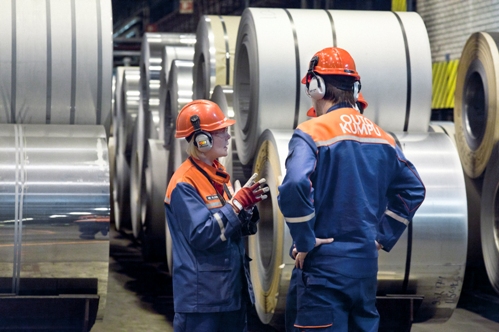
The Sudbury Star is the City of Greater Sudbury’s daily newspaper.
This was originally published in the Sudbury Star on August 31, 2013 under the title “From ore to steel“.
Canada is the only G-8 country in the world that does not have a “major” stainless steel sector. There is one speciality steel producer, ASW Steel Inc. in Welland, Ontario, that dedicates 30 per cent of its production capacity to stainless steel. Employing about 95 people, the company manufactures roughly 30,000 tons of stainless steel ingots and billets. By comparison, Outokumpu, the biggest international producer, produces almost 3.6 million tonnes of stainless steels worldwide, slightly over ten per cent of the 35.4 million tonnes of global production last year, according to International Stainless Steel Forum preliminary figures.
We do have world-class carbon steel plants mainly concentrated in Ontario at Hamilton, Nanticoke and Sault Ste. Marie.
Stainless steels are more valuable than carbon steels due to their corrosion and rust resistance due to the addition of chromite. Nickel is added to some varieties of stainless steels to increase the hardness and strength, further corrosion resistance as well as enabling the material to withstand extreme cold and hot temperatures without becoming brittle or deforming.























